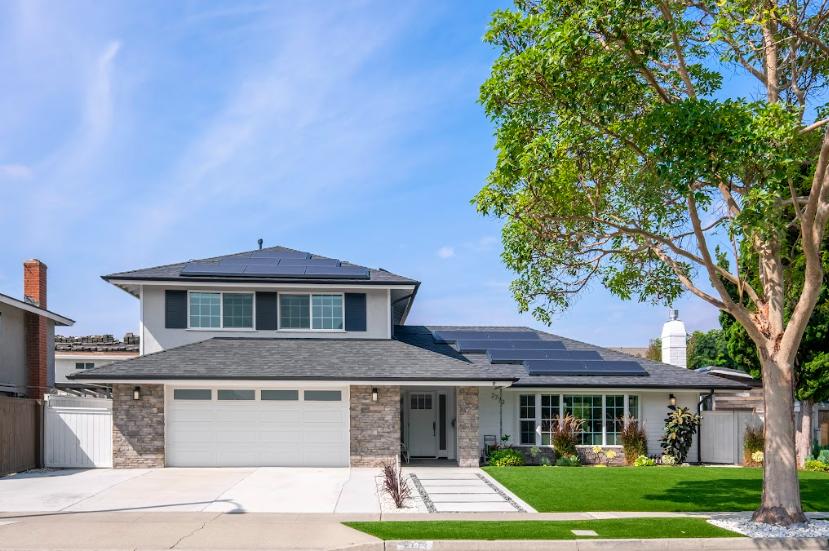6 Tips for Buying a Fixer-Upper
By Kurt Real Estate Jul 10, 2020

Whether you’ve always wanted to take on the challenge of flipping a house, or you’d simply prefer to buy a home that needs a little work done so that you can save money on your down payment, purchasing a fixer-upper can be a fantastic way to become a homeowner. However, taking this path to homeownership does require some extra preparation. If you’re getting ready to buy a home that needs some elbow grease, follow these steps to purchase and renovate your ideal property!
Finding the Right Property
If you want to buy a fixer-upper, guidance from an experienced real estate agent will be invaluable. You want to ensure that you’re working with an agent who understands the ins and outs of your local real estate market so that they can help you find a great deal on a home that you can later modify to suit your lifestyle and aesthetic preferences. They can help you find a property within your budget that you’ll be able to transform according to your vision.
Applying for a Mortgage
One major perk of buying a fixer-upper? You’ll be responsible for a significantly smaller down payment than you would if you were buying a home in near-perfect condition. Just don’t forget to factor in the costs of future renovations and repairs.
Because these homes are generally listed with lower asking prices, some people choose to buy them in cash. Others apply for traditional mortgages. However, if you’re a first-time home buyer, you may want to consider filling out an FHA application instead. It’s relatively easy to meet the qualification requirements for an FHA home loan, and you’ll also enjoy a minimal down payment requirement. Should you decide to refinance in the future, the process will be simple and straightforward.
Home Inspection
After putting in an offer on your new property, you will need to prepare for the home inspection. According to ARAG, you should make it a point to be present for the inspection. You can also poke around the property on your own to look for any flaws the inspector may have missed. Carefully go over the inspection report to see what you will need to fix up before moving in.
Plan Renovation Timeline
Now, it’s time to decide which renovations you should carry out first. Some projects, like painting your interior walls a new hue, might be able to wait, while others, like fixing a roof with structural issues or patching up drafty doors and windows, will likely need to be completed as soon as possible. Projects like adding a garage or finishing the basement can probably be put off until after you’ve moved in.
Consider a Temporary Accommodation
If you mainly plan to renovate your home’s exterior and build new structures on the property, like a garage or a shed, you will probably be able to live in the home while moving forward with these projects. If you’re carrying out extensive interior repairs, you might choose to stay on the property in the meantime, but you may find it less stressful to live with loved ones or find short-term housing at an extended-stay hotel until the renovations are complete.
Hire Contractors
You may have the DIY skills to handle certain renovations by yourself, but for large-scale projects that require expertise and equipment, you’ll want to hire reliable contractors. This Old House recommends asking family and friends for referrals, conducting phone interviews with several contractors, and meeting them face-to-face to discuss estimates before making any final decisions.
Buying a house that has seen better days can be a great way to save a substantial amount of money on your home purchase. When you own a fixer-upper, you can customize your property and turn it into the home of your dreams. As long as you’re willing to put in the work, buying a fixer-upper can be a great choice!
Article courtesy of DiyGuys.net
Join our network
Keep up to date with the latest market trends and opportunities in Orange County.



